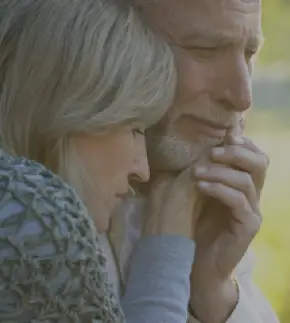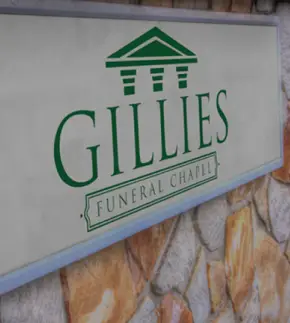Resources
Support & Guidance From the Experts

Funeral Etiquette
Guidelines for traditional customs regarding funeral activities.
Understanding Funeral Etiquette Can Help You Feel At Ease
For many people, a funeral or memorial service is an event they do not frequently attend and there can be some uncertainty about what behavior is appropriate. Here are some general guidelines and tips to help you understand what is usually considered proper etiquette for attending services so you will have a better understanding of what to expect.

If you are unable to visit in person to express your sympathy, there are other ways you can let the family know they are in your thoughts.
While sending flowers is a traditional gesture after someone passes away, there are other choices that may be appropriate. Always check the obituary or with the family to see if they have requested any alternatives in lieu of flowers, such as charitable donations made in the name of the deceased. A phone call, email or text message can be a nice way to check in and see how you can be of further assistance during this time. You may also consider delivering a meal for the family, or sending a gift card for a meal delivery service. A sympathy card or memorial gift is also appreciated to remind the family that you are thinking of them.
The formal visitation offers friends and loved ones an opportunity to express their sympathies and condolences to the family. The obituary should provide information regarding the date and location of a visitation or any other public services. You do not need to stay for the entire time scheduled for the visitation, however you should try to avoid leaving during any prayers or services. Generally you can stay for a short time to share your sympathy with the family and simply being there can be very meaningful.
Usually the family will gather in a receiving line near the casket, if there is an open casket viewing. While viewing the deceased is not required, it is generally customary to show your respects and spend a moment near the casket. You may choose to use the time to say a prayer or simply have a moment of silence in their honor. When speaking to the family, it can be helpful to share fond memories of their loved one or offer simple words of comfort. Allow people to express their emotions as necessary and understand they are working through the grieving process. Being upset and expressing grief is natural, however you should try to contain your own emotions as much as possible to avoid putting extra burden on the family. You may choose to excuse yourself if you find your emotions to be overwhelming and you have trouble keeping yourself composed.
The time and date for the funeral or any other public service should be found in the obituary. While you do not need an invitation to attend a funeral, you should consider whether your participation is appropriate based on your relationship with the decedent (or with their family in situations where you may not have known the decedent personally.) A funeral is a wonderful chance for you to show your respects and share memories of someone’s life, but you should not attend any services where your presence may make the family feel uncomfortable or if it is intended to be a private event.
If there is a graveside service, it will take place at the cemetery and the casket is usually placed beside the grave. The service includes a reading of the rites of burial given by the clergy, and is typically followed by family members placing a flower on the casket. Try to avoid walking on any headstones or monuments as you find your way to the graveside. There may be seating available, but please be aware of any reserved seating for the family and close friends. You should also plan for the weather and dress accordingly as you will be outside in the elements. The clergy or funeral director will typically excuse the family and friends at the end of the service.
Frequently there will be a reception immediately following the funeral, either at the funeral home or another designated place. Usually there are refreshments or food served and the attendees have a chance to talk and share memories of the person who has passed away. The reception often takes place at a church or another location of significance to the deceased.




